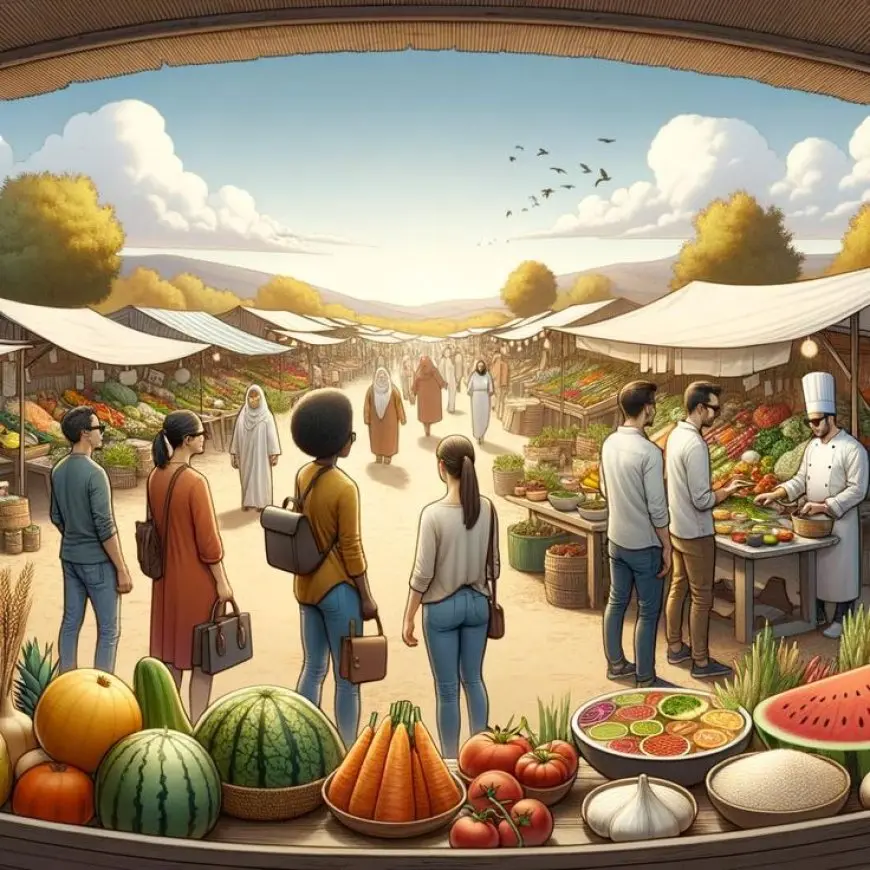Exploring Local Cuisine on Your Travels
Exploring Local Cuisine on Your Travels

Exploring local cuisine is one of the most enriching aspects of travel. Food is a gateway to a culture’s history, traditions, and way of life. Tasting authentic dishes, learning about their origins, and engaging with the people who prepare them can make your journey unforgettable.
Start by researching the must-try dishes of your destination. Every region has signature foods that reflect its unique culture and ingredients. From Italy’s creamy risottos and wood-fired pizzas to Japan’s fresh sushi and hearty ramen, these specialties offer a glimpse into the soul of a place.
Venture beyond tourist spots to discover hidden culinary gems. Local markets, street food vendors, and family-run restaurants are often where the most authentic flavors can be found. Don’t be afraid to ask locals for recommendations—they often know the best places to eat that aren’t listed in guidebooks.
Be open to trying unfamiliar foods. While it might be tempting to stick to what you know, embracing new flavors and textures is part of the adventure. Whether it’s Thailand’s spicy curries, Morocco’s fragrant tagines, or Peru’s tangy ceviche, stepping out of your comfort zone can lead to delightful discoveries.
Take the opportunity to learn about the cultural significance of certain dishes. Many traditional meals have fascinating stories or rituals attached to them. For example, the Japanese tea ceremony is as much about mindfulness and tradition as it is about the tea itself. Similarly, dishes like Mexico’s mole or India’s biryani are rich with historical and cultural layers.
Engage in food experiences beyond eating. Join a cooking class to learn how to make local dishes or visit farms and vineyards to see where ingredients are grown and harvested. These activities provide a deeper connection to the cuisine and often make for memorable travel stories.
Document your culinary journey. Keep a travel journal or take photos of the foods you try. Write down the names of dishes, where you had them, and your impressions. This will help you remember your experiences and might even inspire you to recreate some dishes at home.
Respect dietary customs and restrictions. In some cultures, certain foods are avoided due to religious or social reasons. Being aware and respectful of these practices demonstrates cultural sensitivity and allows you to connect with locals on a deeper level.
Exploring local cuisine is not just about filling your stomach—it’s about connecting with a place through its flavors. It’s a sensory journey that brings people together and leaves you with a deeper appreciation for the diversity of the world.







